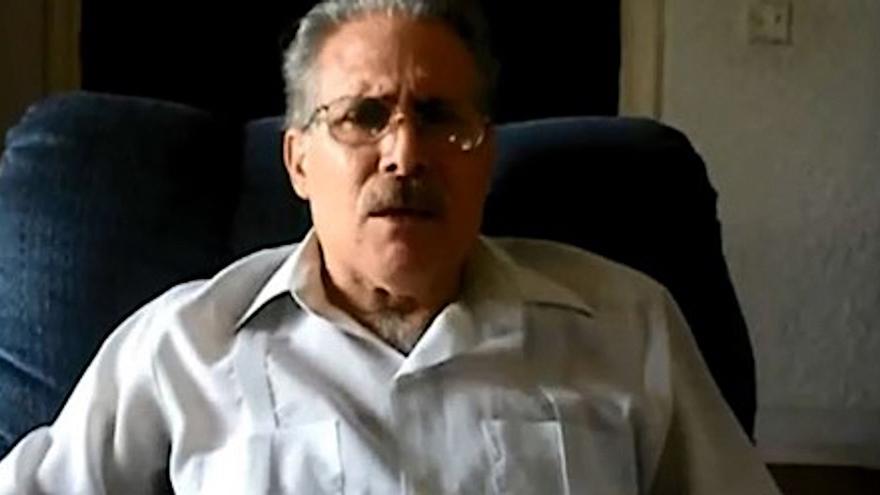
![]() 14ymedio, Havana, 12 July 2019 — Former political prisoner Ricardo Bofill Pagés, a renowned human rights activist in Cuba, died at the crack of dawn in Miami at 76 years old, according to friends and family members speaking to Radio y Televisión Martí.
14ymedio, Havana, 12 July 2019 — Former political prisoner Ricardo Bofill Pagés, a renowned human rights activist in Cuba, died at the crack of dawn in Miami at 76 years old, according to friends and family members speaking to Radio y Televisión Martí.
“I received a call with the bad news from Yolanda Miyares, his partner in the struggle and a neighbor. The competent professionals of 911 had already done their work. By this means I transmit to his relatives and to human rights activists and friends the sad news Yolanda has told me just now,” wrote Oscar Peña, his friend and fellow fighter for human rights.
“For Ricardo Bofill, my respect for his tenacity, his courage and intelligence. Like Father Varela yesterday, today he taught us to think. Rest in Peace, civil rights professor,” Peña added.
Miyares confirmed to Radio y Television Martí that Bofill had died at three in the morning at home and that he suffered from hypertension and heart disease.
On January 28, 1976, Bofill founded the Cuban Committee for Human Rights (CCPDH) along with Elizardo Sánchez Santacruz, Adolfo Rivero Caro, Edmigio López Castillo and Enrique Hernández Méndez.
In 1967 Bofill was sentenced to 12 years in prison for “enemy propaganda” in the process known as the “microfraction,” where former members of the Popular Socialist Party, critical of the authoritarianism of Fidel Castro, fell. In 1972 Bofill was released on parole.
He was imprisoned again, for two and a half years, in 1980 after divulging the document Cuba: Human Rights in Permanent Crisis. He was then accused of maintaining links with Western diplomats and drawing up “counter-revolutionary documents.” Amnesty International adopted him as a prisoner of conscience in 1985.
Between August 1986 and January 1987, he was a refugee at the French Embassy in Havana and left when the French government received a commitment from the Cuban authorities that the dissident would not be arrested. A year later, the Cuban government authorized him to leave the island, but he could only do so on the condition that it would be a final exit.
In a ceremony held at the school in 2015, Miami Dade College presented him with a special recognition for his fight for freedom.
__________________________
The 14ymedio team is committed to serious journalism that reflects the reality of deep Cuba. Thank you for joining us on this long road. We invite you to continue supporting us, but this time by becoming a member of 14ymedio. Together we can continue to transform journalism in Cuba.
